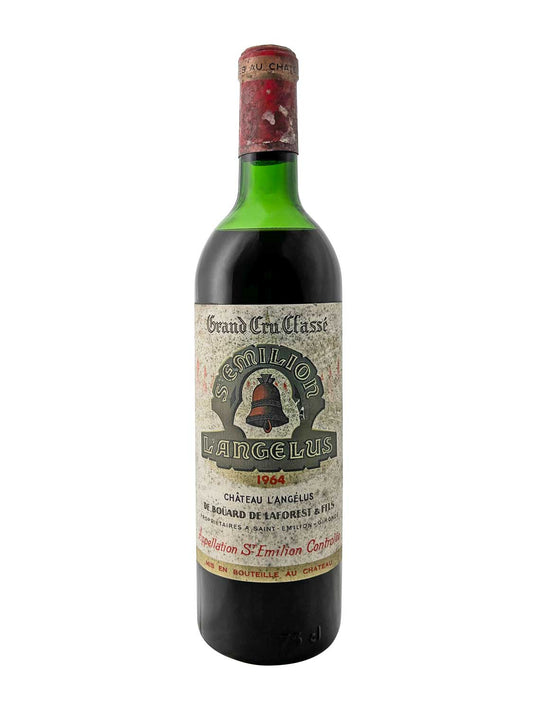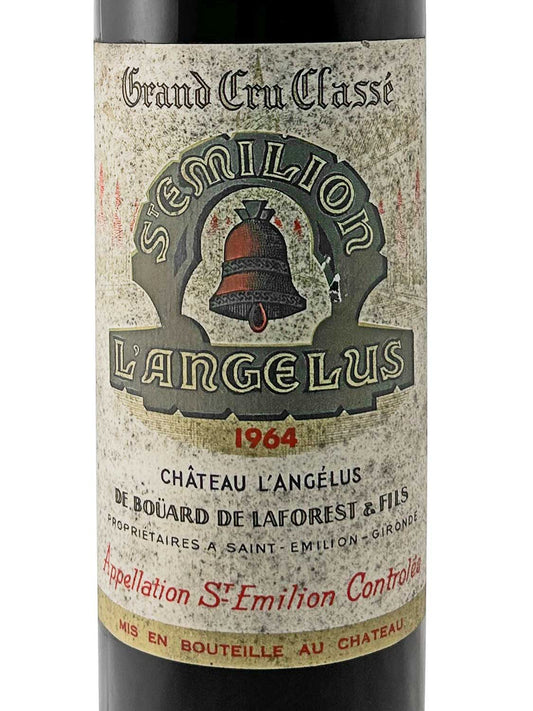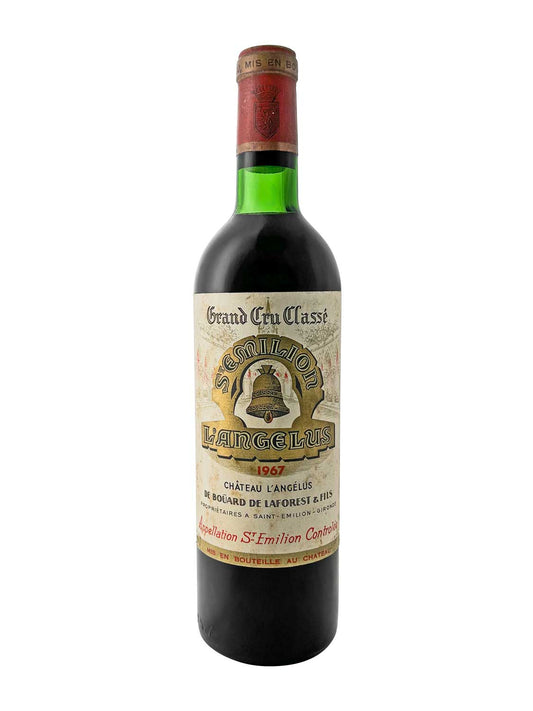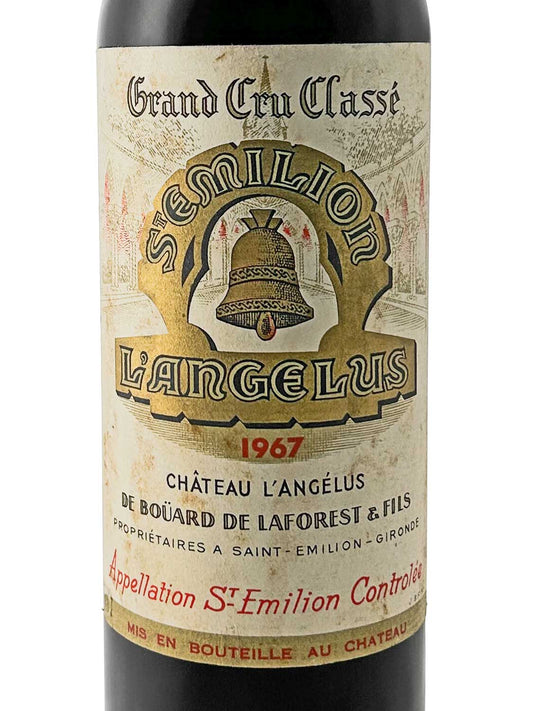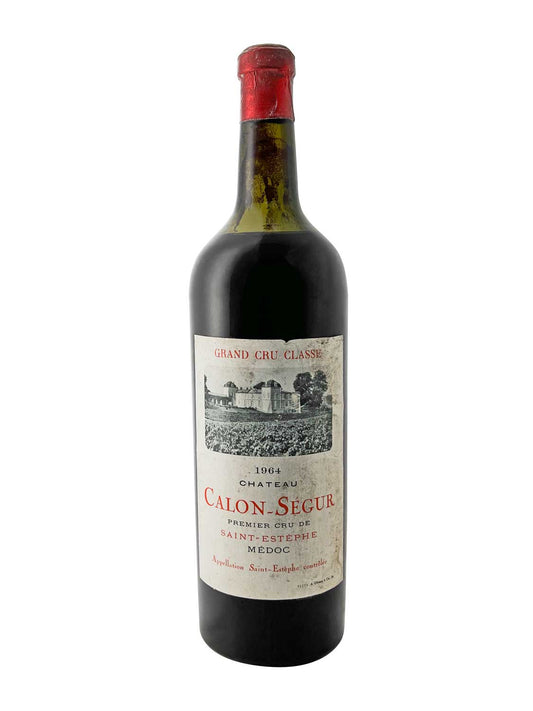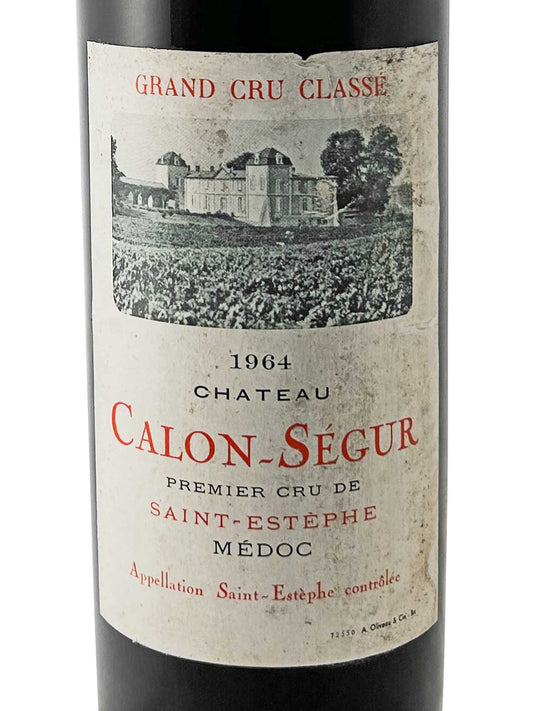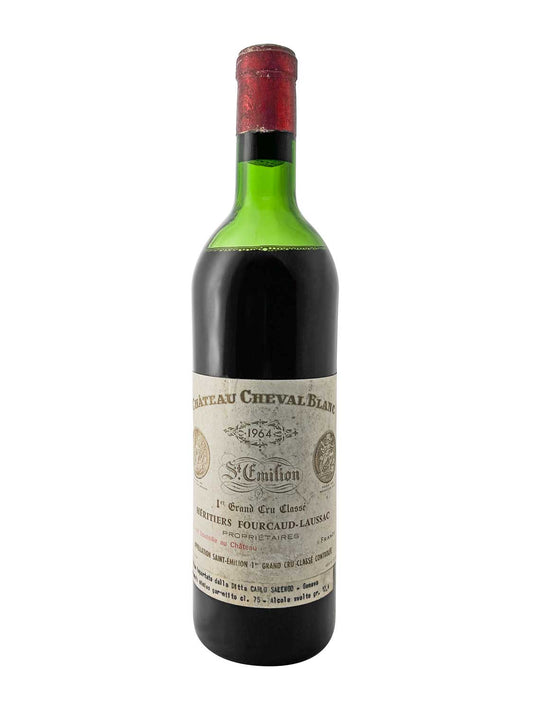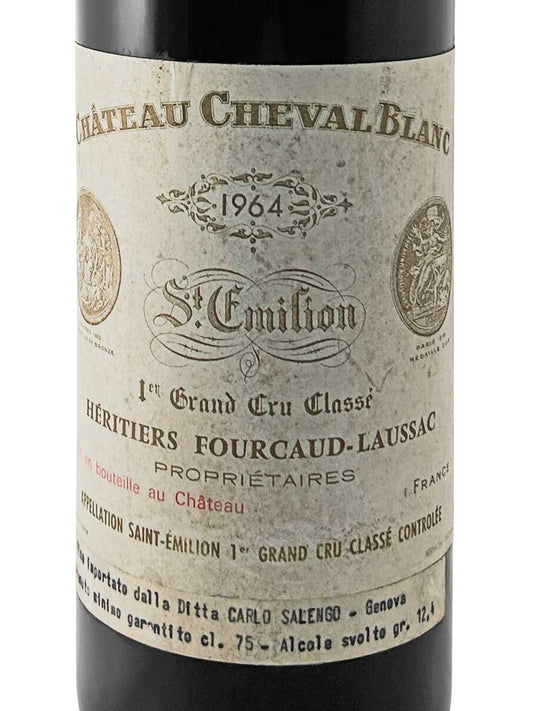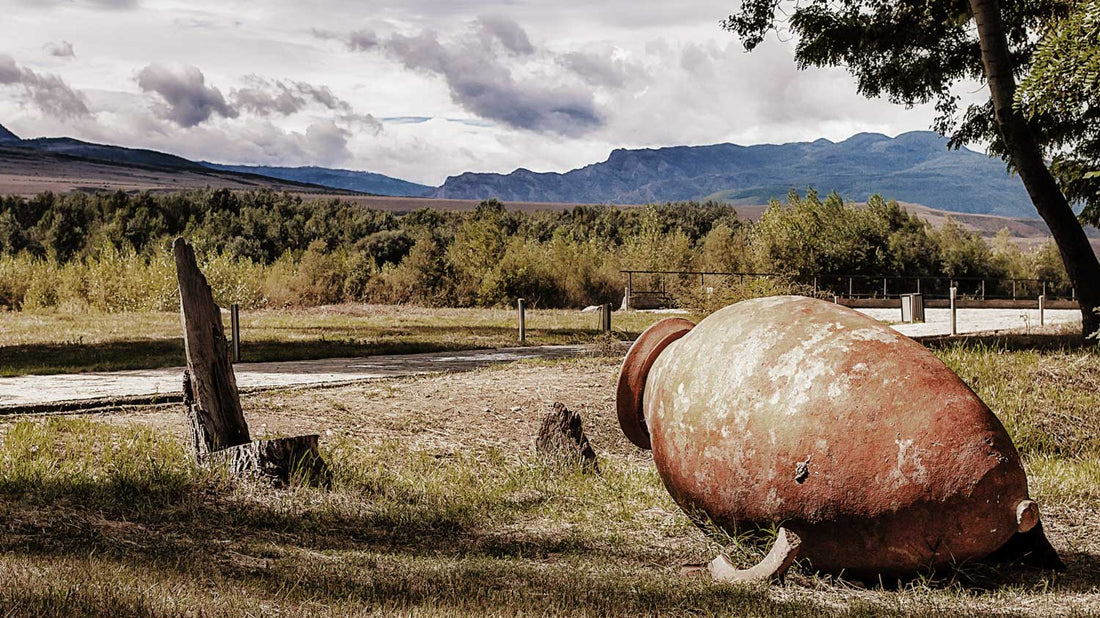
Wine as a Witness to Past Eras
Wine and its important role in human history
Wine is not just a drink we enjoy; it is also a fascinating cultural artifact that tells stories and provides insight into the societies and eras it comes from. From ancient civilizations to the modern world, wine has played a significant role in human history. In this blog post, we will explore how wine acts as a witness to past eras and the historical, social and cultural aspects it reflects.
1. The Origins of Wine: A Look into Antiquity
1.1 Wine in ancient Mesopotamia
The roots of wine reach back to the earliest civilizations. Archaeological finds show that wine was being produced in what is now Georgia as early as 6000 BC. In Mesopotamia, wine was an important part of religious rituals and social gatherings. The Sumerians worshipped the wine god Ninkasi, and there are numerous cuneiform texts describing the art of winemaking.
1.2 Egypt: Wine as a status symbol
In ancient Egypt, wine was a symbol of wealth and power. Pharaohs and nobles enjoyed fine wines at festivities and made offerings to the gods. The famous wall paintings in the tombs show scenes of grape harvesting and production, indicating that wine played a central role in the daily lives of the Egyptians.
2. The influence of wine on Greek culture
2.1 Dionysus: The God of Wine

In Greek mythology, Dionysus was the god of wine, fertility and theater. He symbolized not only the consumption of wine, but also the social rituals and festivals associated with it, such as the Dionysia, which featured theatrical performances. These festivals were not only religious celebrations, but also an expression of Greek culture and identity.
2.2 Philosophical Discourses
Wine also played an important role in the philosophical discourses of antiquity. Philosophers such as Plato and Aristotle discussed the importance of moderation in the consumption of wine and its influence on human behavior. These considerations are still relevant today and are reflected in our modern view of alcohol.
3. The Roman Empire: Expansion and Spread of Wine
3.1 Trade routes and cultures
With the rise of the Roman Empire, wine consumption spread beyond Europe. Romans established trade routes that made it possible to import different types of wine from different regions. This led to an exchange of techniques and traditions in winemaking.
3.2 Wine as part of everyday life
For the Romans, wine was an everyday drink - for both rich and poor. It was often consumed diluted with water and was an integral part of every meal. This practice shows how deeply rooted wine was in the social fabric of Roman society.
4. Middle Ages: Religion and Agriculture

4.1 Monastic traditions
In the Middle Ages, monasteries played a crucial role in preserving knowledge of winemaking and production techniques. Monks cultivated vines in many European regions and produced high-quality wine for liturgical purposes as well as for trade.
4.2 The impact on agriculture
The development of new farming methods during this period led to a diversification of grape varieties and an improvement in the quality of wine. These changes had long-term effects on European agriculture and contributed to the emergence of regional wine cultures.
5. The Modern Age: Revolutionary Changes
5.1 Scientific advances
Throughout the 17th, 18th, and 19th centuries, wine production experienced significant scientific advances, from the discovery of yeast to new methods of preserving wine (such as bottling). These developments led to higher quality wine as well as wider availability to different classes of society.
5.2 Social movements
Access to high-quality wine became increasingly democratized; while previously only the wealthy could enjoy good wine, it now became accessible to wider sections of the population – which accompanied social changes.
6. The Modern Age: Globalization and Sustainability
6.1 Globalization of wine

Today, wine is a global product; countries such as Australia, New Zealand and South Africa have established themselves as major players on the international market. This globalization has not only given rise to new tastes, but has also encouraged exchanges between different cultures.
6.2 Sustainability in focus
In recent times, awareness of sustainable practices has increased - both in terms of growing and consuming wine. Many winemakers rely on biodynamic cultivation methods or are actively involved in environmental protection projects.
Conclusion: A fluid history book
Wine is more than just a luxury item; it is a living witness to past eras, telling us stories about cultures, traditions and social changes. Through its long history, it not only reflects the changes in human civilization, but also offers valuable insights into our own relationship with alcohol.

